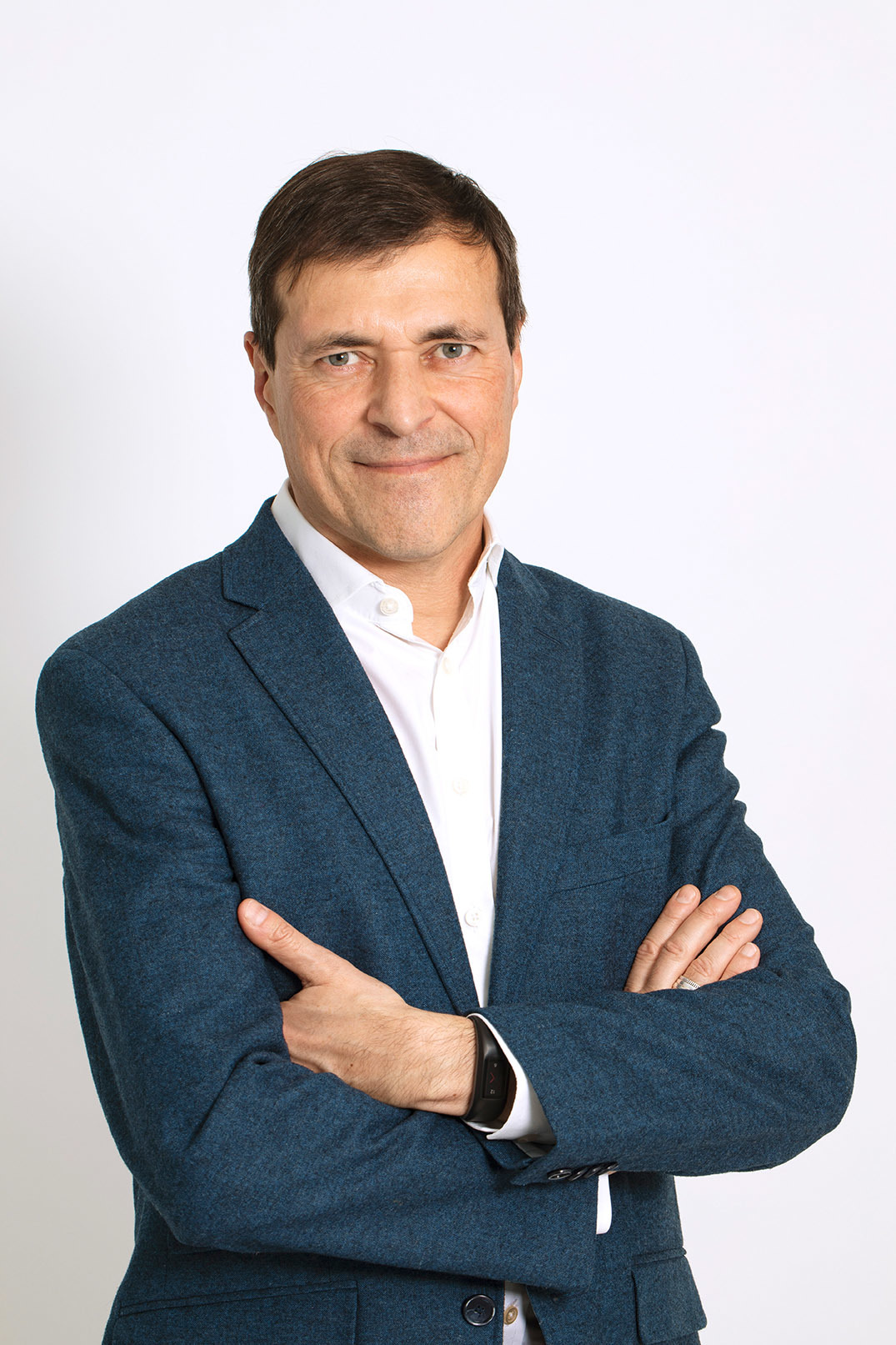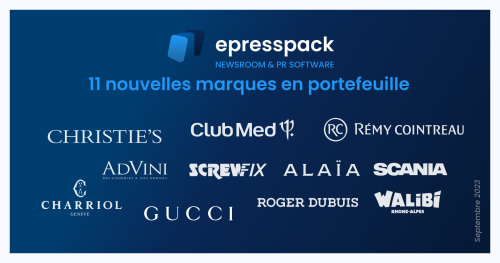European leader in energy services, Dalkia, a subsidiary of EDF, offers cities and businesses solutions to reduce their energy consumption and improve the environmental and economic performance of their installations. The group has some 17,000 employees, manages more than 330 urban heating and cooling networks, the installations of more than 2,300 industrial sites, more than 3,400 health establishments, more than 19,900 tertiary and commercial establishments, and more than 2 million collective dwellings. In 2018, Dalkia reached 4.2 billion euros of sales.

Today the head of communications at the DALKIA group, Renaud CZARNES has a busy career. Economic and political journalist (La Croix, Les Echos) for more than 15 years, he was appointed, in 2012, as the press and communication adviser to Prime Minister Jean-Marc Ayraut before joining, in 2014, the Dalkia group. At the same time, Renaud Czarnes teaches, at Sciences Po, the challenges of relations between politicians and the media. He also published an Anti-manual on political communication in 2019 (Kawa editions).
1 / If by chance, you were to remain confined for more long weeks, what tracks would you (re) listen to?
Well, I would listen again as I did during my long evenings, the whole of experimental formations like Soft Machine or King Crimson. Now I’m starting to listen to Franck Zappa’s work. I'm also taking advantage of this confined time to publish, every weekend, micro-chronicles of music and books on my twitter account @RenaudCzarnès.
2 / What does a typical day of a #ConfinedComdirector look like?
The first 15 days were particularly challenging. Commuting time, which has inevitably disappeared, has been replaced by meetings (video conf /call)! Since last week, we have been able to breathe a little more. I can catch up on some professional readings, for example on trends in communication or the effects of the crisis on our actions in favor of climate change. Other than that, I have been confined to Paris like many people.
3 / How does the sudden drop in economic activity impact your activities?
Our customers have closed certain sites to comply with government instructions. However, 6,000 colleagues are on the front line! Some work in hospital settings to provide heating, hot water, air conditioning and ventilation and perform all maintenance work. Others ensure the proper functioning of the heating networks of social housing or are with industrialists such as agrifood companies; so many vital services in crisis management.
4 / We are in the 5th week of confinement, can you tell us how the crisis comm went at Dalkia?
Like many companies, we have reassured our customers that we will continue to operate. We also focused our efforts on internal communication, aimed at our colleagues in the field, those we call the "heroes of the shadows". We continue to pay tribute to them with a new internal letter, “Dalkia Ensemble”, which collects their testimonies every week. And they can be proud of what they do.
5 / How do you see the future?
We have maintained most of our projects. We even launched a call for tenders to conduct an image survey among all our stakeholders and even the general public. Only our events until the end of July have been canceled or postponed. In the days to come, we will gradually reinvest in our social networks to defend the employer brand and continue our educational communication on our business, that is to say, the promotion of renewable energies in the territories and the reduction of C02 emissions of our customers... We have been very measured in external com all these weeks and we will remain so.
6 / What are the lessons that you draw from this extraordinary crisis?
This crisis is unprecedented, as far as communication is concerned, it brings us back to the essential: content. In journalistic terms, this is called information or "facts." You have to get as far away as possible. We live in an era where, especially on social networks, people, who have nothing to say, sulfate the whole world with their comments or opinions. Others, knowingly or unknowingly, spread "fake news", which feeds conspiracy theories... The goal is always to find a culprit. In this context, the communicator, in particular the communicator in politics, does their "best", which often amounts to doing "the least bad possible". "Doing well" is often out of reach.






